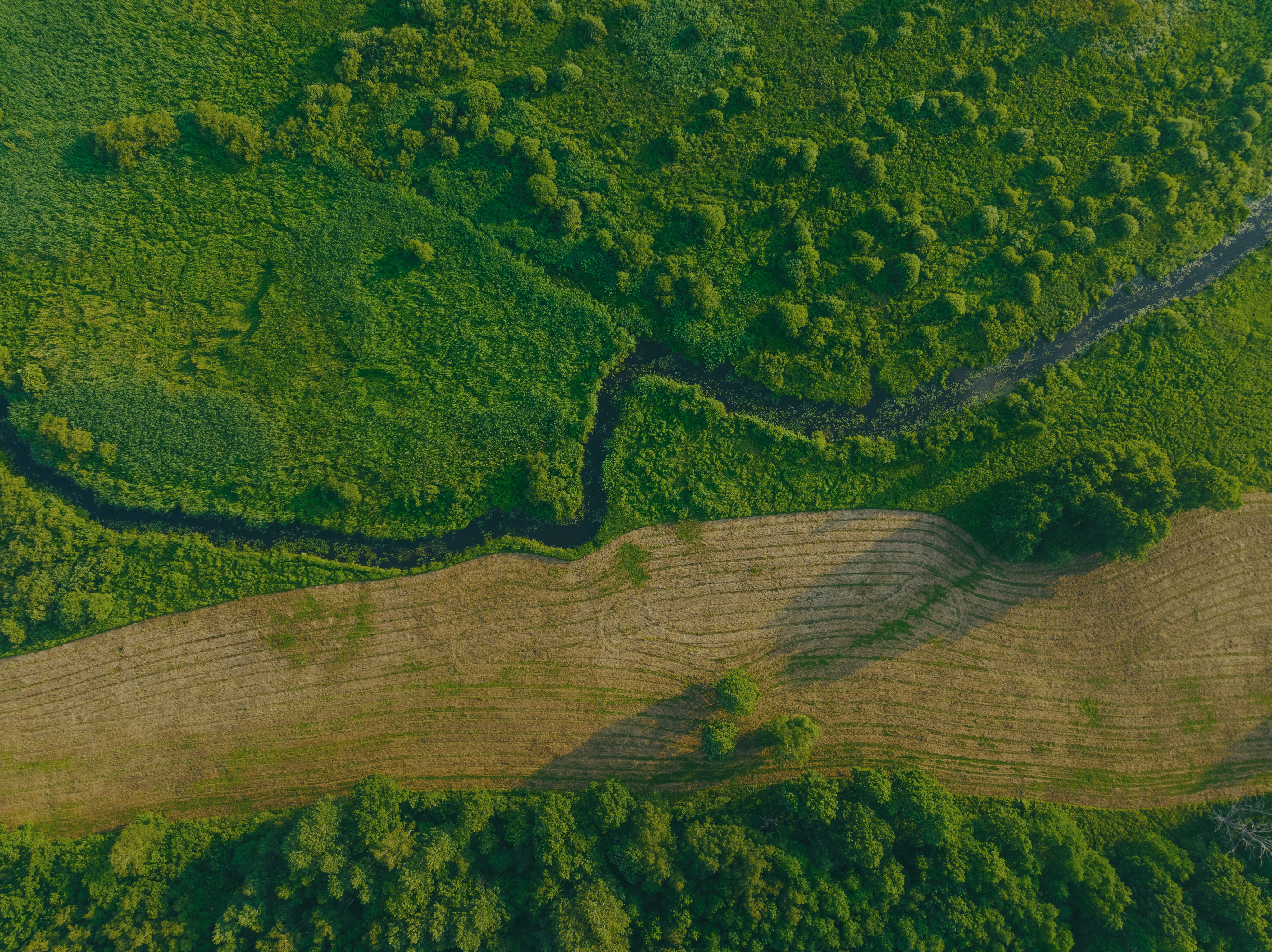Cascade’s Approach to Policy
Our policy priorities are shaped by the specific considerations of each intervention that we work on, but our driving purpose remains to address obstacles and break down system-level bottlenecks to progress..
Latest blogs:
